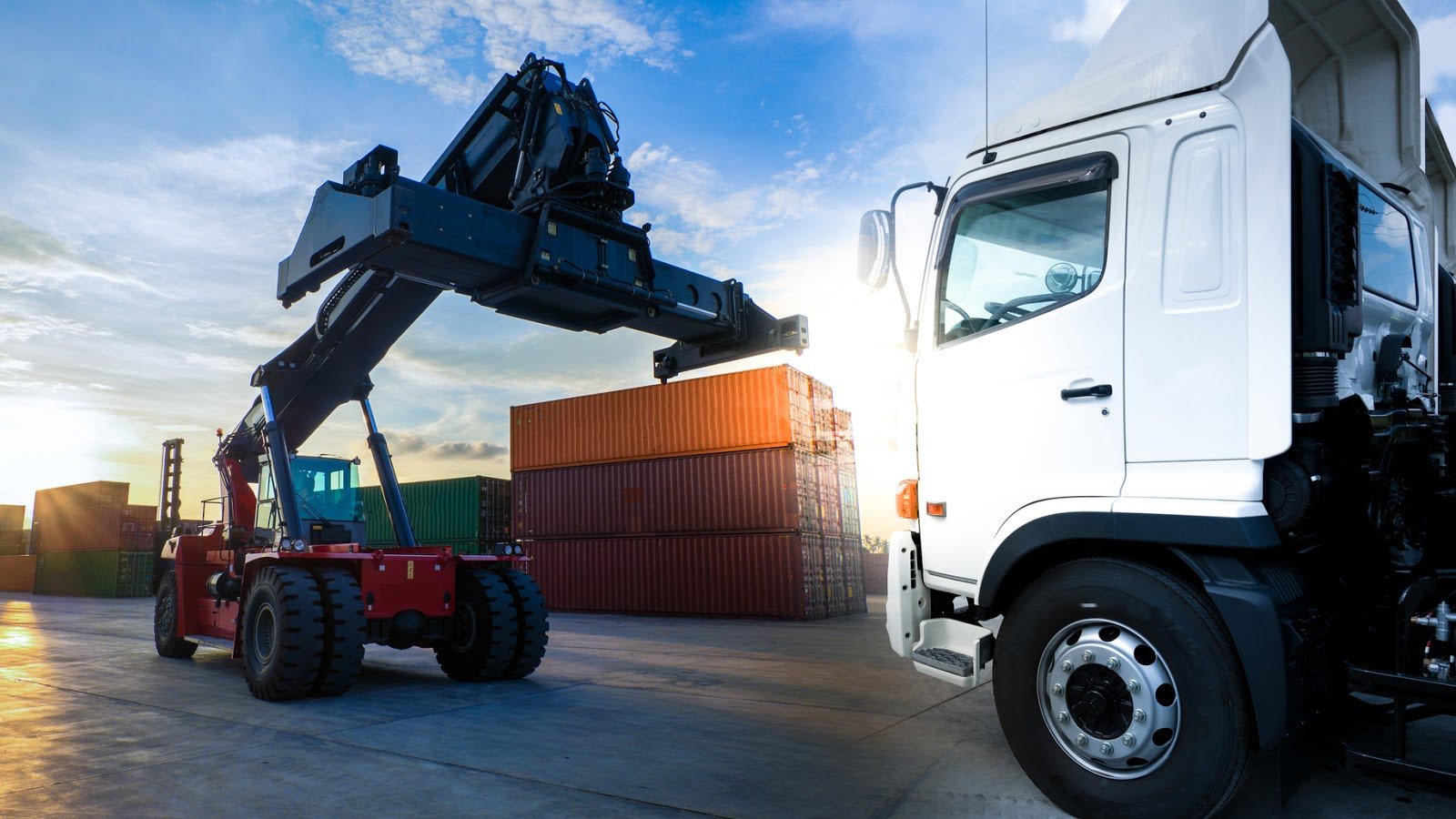
A move to a new facility is usually a milestone event for an industrial company. Your new plant may provide greater production capacity, allowing you to fulfill more orders and scale your business. It could give you more efficient access to labor, logistics partners, and shipping channels, helping you optimize your distribution and supply chains.
Of course, you have to get through the actual relocation before you can reap the benefits. The process of moving to a new plant can be a logistical nightmare for an industrial company. You have to package inventory and supplies and perhaps disassemble machinery. You have to transport everything to the new facility. And you have to do all this while continuing to fulfill orders for your customers.
Plant relocations aren’t frequent events for most industrial companies, so it’s possible that no one on your team has managed a project like this before. If so, you may want to bring in an outside plant relocation consultant to guide you through the process. They can help you identify potential risks and implement strategies to keep the relocation on track.
There are a large number of industrial plant relocation companies available. Some are full-service relocation companies who manage every aspect of the project. Others are simply packaging or shipping companies who can handle one component. How do you tell if a company is the right partner for your job? Below are a few questions to ask to help you find the right consultant:
1. What’s your planning and preparation process?
A successful plant relocation begins well before the moving trucks arrive. As is the case in any industrial project, the key to success lies in the planning. By developing a comprehensive and specific relocation plan, you greatly improve your odds of seeing a favorable outcome.
Your relocation plan may include a detailed schedule with milestones and goalposts to keep the project on track. It could include specific work orders to guide movers and other contract workers. It may have disassembly and assembly instructions for certain machinery.
An industrial plant relocation consultant can help you develop such a plan. Be sure to ask potential consultants about their planning process. Ask if they have sample plans, schedules, and work instructions from previous relocations. You want to look for a defined, disciplined process.
2. How do you monitor and manage the progress of the relocation in real time?
A detailed plan is meaningless if it’s not implemented correctly. A plant relocation can be a chaotic scene. You may have dozens, or even hundreds, of new faces in your facility in the form of movers and contractors. There will likely be a lot of energy and movement as crates are loaded onto trucks. How do you ensure that the relocation is being implemented according to plan?
Packaging consultants have different methods for implementing relocation plans. However, any consultant you consider should have a specific process in place for tracking progress and timelines. For instance, they might use barcodes and scanners to track each container’s location. Packages are scanned at each point along the relocation route. If the consultant starts to see that containers are behind schedule they can take fast action to correct the issue.
3. What happens if equipment or inventory is damaged during the move?
Any plant relocation comes with risk. You could miss deadlines and the move could delay your production schedule. You could have cost overruns. The move could disrupt your relationship with customers or suppliers.
Perhaps the greatest risk, however, is that you experience costly damage to inventory or machinery during the relocation process. This kind of damage could be costly not only from a financial perspective, but it could also restrict your ability to produce product and fulfill orders.
It’s important to ask potential relocation consultants how they plan to minimize damage and what happens if damage occurs. For example, they may have specialized packaging processes that minimize the risk of damage. They may use tracking equipment, like GPS, to monitor quality during transit. They also may offer some form of shared risk, such as insurance or guarantees, to cover the financial impact of any possible damage.
Don’t choose just any packaging or shipping company to handle your plant relocation. Look for an experienced industrial plant relocation consultant who knows your industry and your needs. They can help you hit your targets and avoid the biggest potential pitfalls.






Let Us Know What You Thought about this Post.
Put your Comment Below.